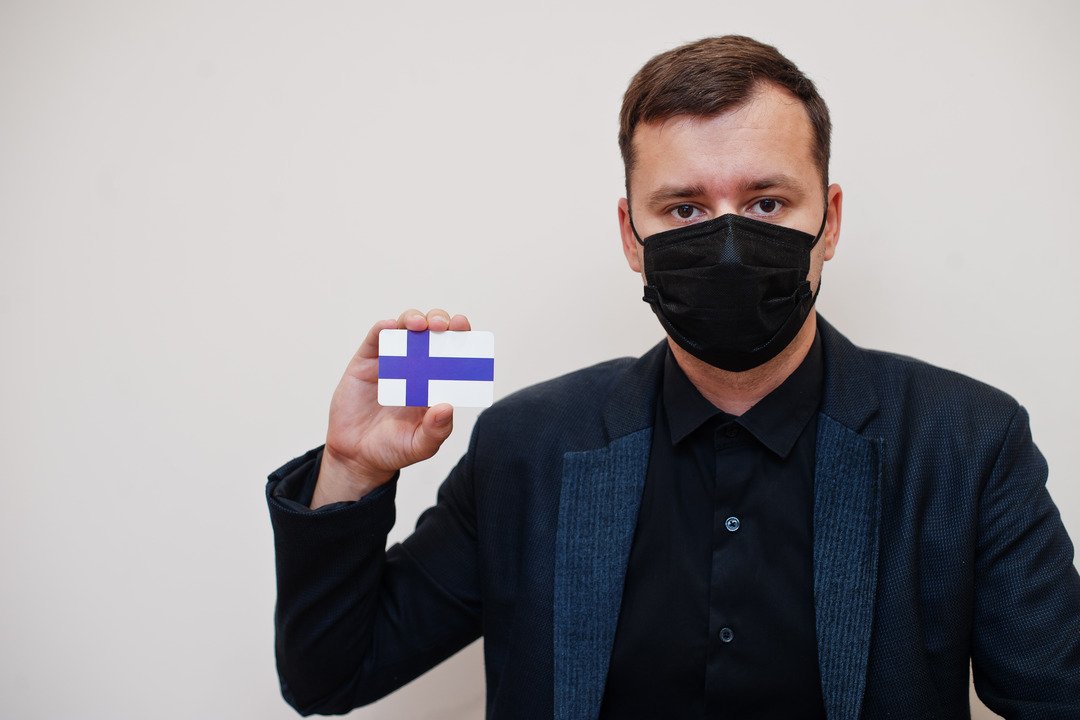The Finnish Interior Ministry has introduced new rules aimed at tightening the process of family reunification for individuals granted international protection. One key change is the imposition of a financial threshold, which would apply to children with international protection status seeking to reunite with their families.
Moreover, the new rules would extend the required period of residence in Finland for those under international protection. Under the proposed legislation, sponsors—those looking to bring family members to Finland—will be required to reside in the country for at least two years before initiating the family reunification process.
These changes align with the broader EU Family Reunification Directive, which sets out minimum standards for family reunification among third-country nationals lawfully residing in EU member states. However, member states are allowed some flexibility in tightening their domestic regulations.
The proposed reforms have sparked debate within Finland, with supporters arguing that stricter measures are necessary to ensure the sustainability of the country’s immigration system. Critics, however, claim that the new rules could negatively impact the wellbeing of children and vulnerable families by delaying reunification and making the process more financially burdensome.
Family reunification is a vital component of the broader refugee and asylum policy, serving as a tool for integrating newcomers into Finnish society. By tightening these rules, the government aims to balance the humanitarian aspects of international protection with national interests concerning immigration control and economic considerations.
These proposals are currently under review, and if passed, they will significantly reshape Finland's approach to family reunification for those under international protection, potentially serving as a precedent for other EU member states.

